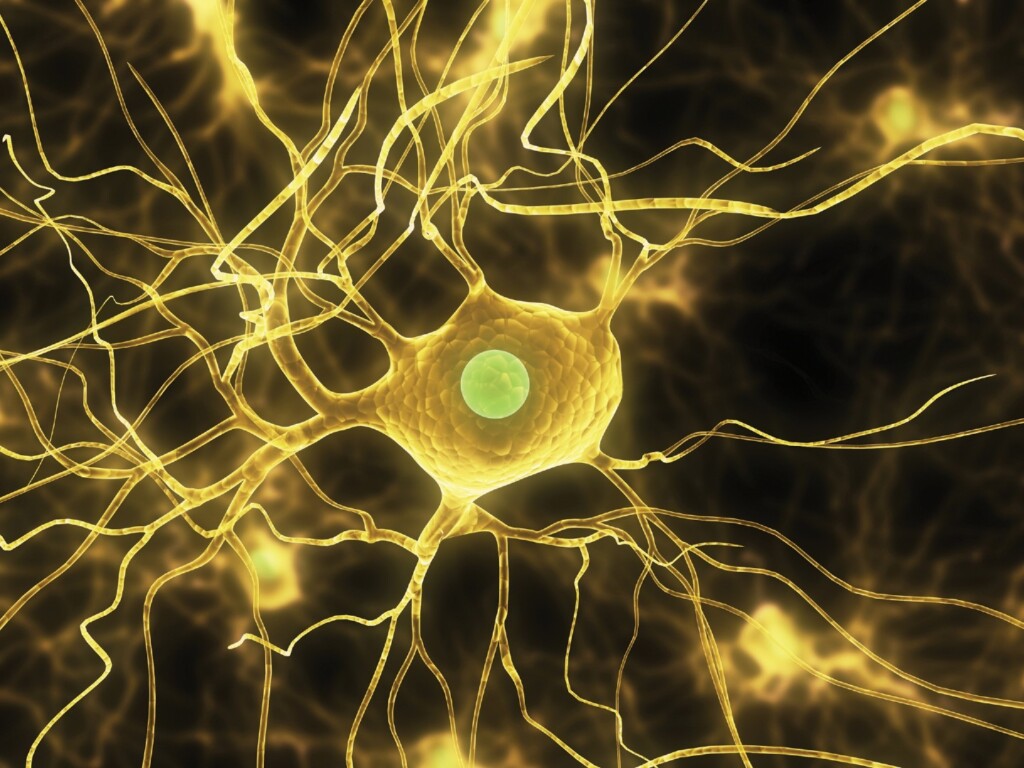
Biology Topics


Photosynthesis
April 29, 2022

Molecular Biology
February 24, 2022

Mitosis and Meiosis
April 6, 2022

Mendelian Genetics
October 5, 2022

Marine Science
May 16, 2022

Forensics
July 12, 2022

Evolution
December 9, 2022

Ecology: Ecosystem Sustainability
May 16, 2022

Ecology: Ecosystem Structure and Process
March 28, 2022

Ecology: Ecosystem Interactions
June 13, 2022

Diffusion and Osmosis
August 2, 2022

Cellular Respiration
August 19, 2022

Cell Structure and Function
March 14, 2022

Body Systems
September 23, 2022

Biochemistry
April 13, 2022



